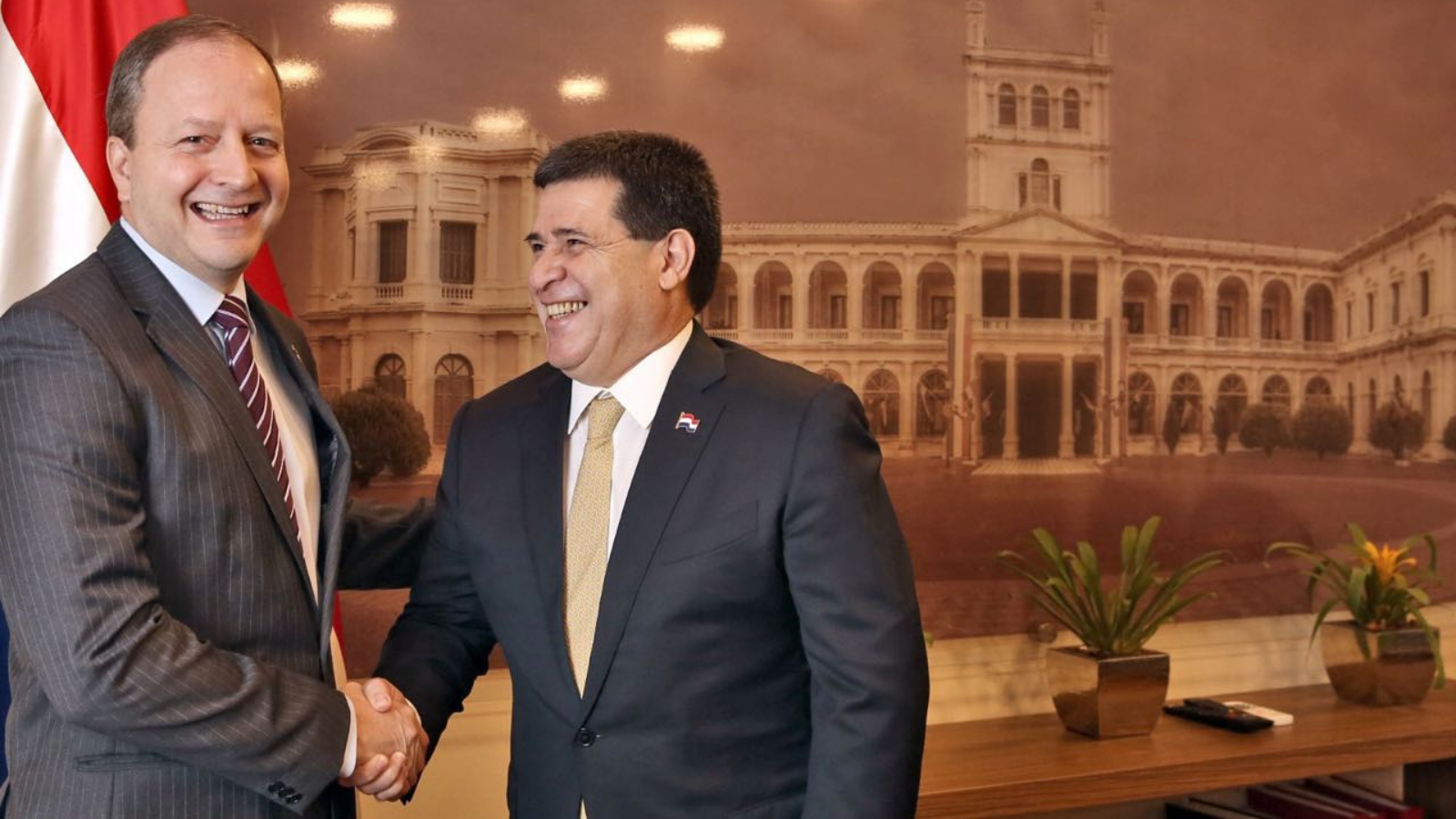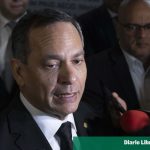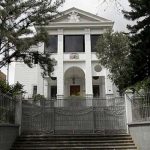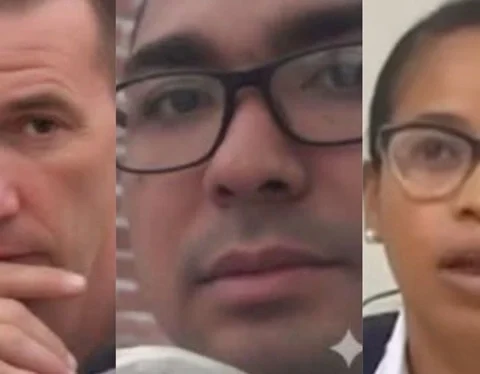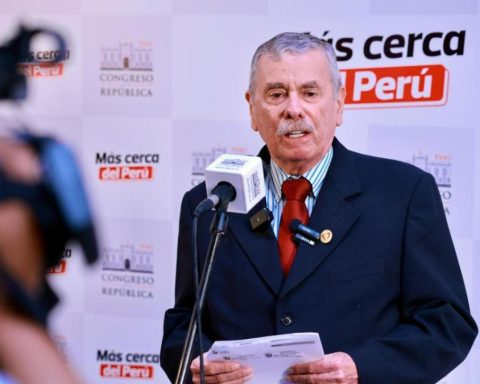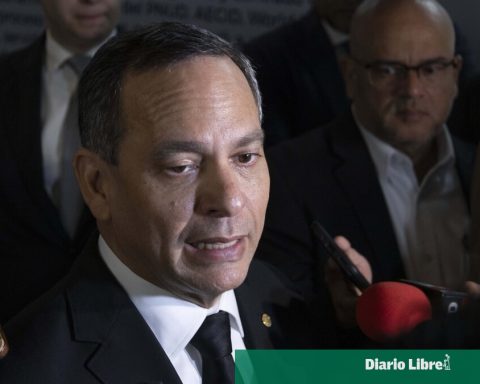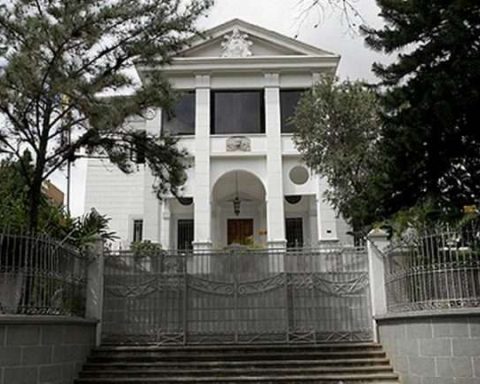This after rumors that he himself collected all the savings he had in the entity, that is, around US $ 4 million (G. 27,240 million). This, despite the fact that the Deposit Guarantee Fund (law 2334) establishes that only the sum equivalent to 75 minimum wages can be returned (at the exchange rate at that time it was G. 136 million).
At Portillo’s request, the BCP refused to deliver the documents, alleging bank secrecy. Reconsideration was filed, but the board denied again. Then Portillo appealed to Justice. In the first instance, Portillo won. The judge held that the information related to the guarantee fund is not part of banking secrecy, but the Central Bank appealed. Finally, the Court of Appeals ended up confirming the sentence of first instance.
Faced with this situation, the BCP filed an unconstitutionality action that was answered by Portillo under the patronage of Ezequiel Santagada, his defense attorney. The prosecution recommended that the measure proposed by the Central Bank should be rejected. At this stage is the case today.
The latest in this case is that the Supreme Court of Justice (CSJ) expanded the constitutional chamber with the plenary session of ministers to resolve the case, since there is a public interest.
In addition, for the first time they are facing access to public information and bank secrecy. All this has already been notified to both Portillo and the Central Bank. As none of the parties presented any challenge, from one moment to another the Court would decide to make the documents transparent or reject the request.
SANTAGADA
Ezequiel Santagada, Portillo’s lawyer, said the issue should be resolved from one moment to the next.
He did not want to venture into the amounts, but it would be US $ 4 million that were recovered in full by González Daher.
The sum is known because the same sports leader informed journalists that he had that sum in the financial one, at the time when bankruptcy was imminent.
“The Court has to decide whether the payments made by the deposit guarantee fund are covered by bank secrecy. We believe that not because these funds are administered by the BCP and it is the State that provided those resources, “he said.
He noted that it is a mixed fund. The State administers it, that is why they must be public. On the other hand, bank secrecy covers each individual’s private activities and not bank payments.
Finally, he noted that he has expectations that the issue can be resolved positively.
“It was won in the first instance, also in the second. The State Attorney General’s Office recommended that the Court reject the action as unconstitutional. Furthermore, it is a case of public interest. I imagine that there are good chances that access to information prevails ”, he commented.
Finally, he stressed that it is very suspicious that the BCP does not deliver the documents and is stubbornly opposed to delivering that information.
“It was the time when the clan was at its peak,” he culminated.
